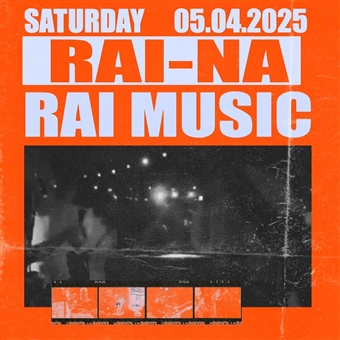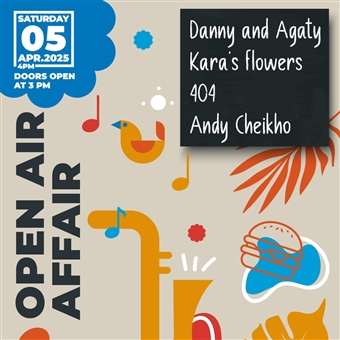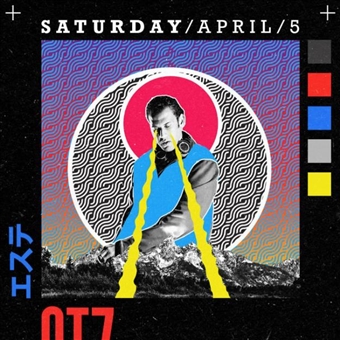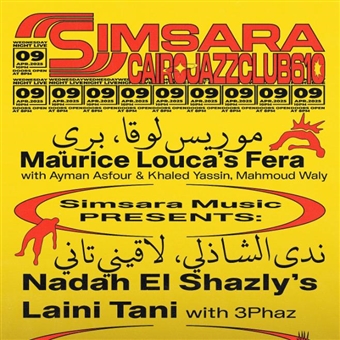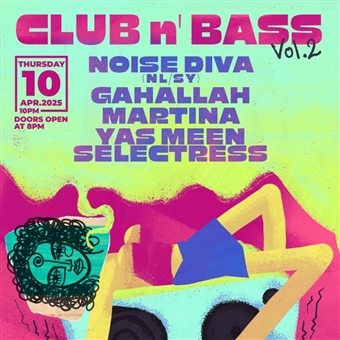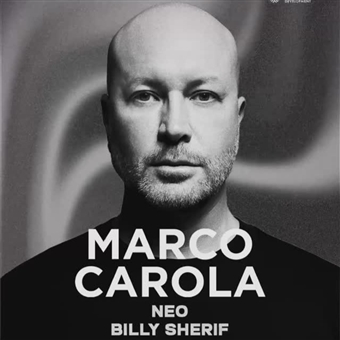Never Judge a Book by its Film
Literary buff Anam Sufi is surprised to find that The Great Gatsby is a fantastic film, but it lacks the poeticism and intricacy that made the book worth adapting in the first place.
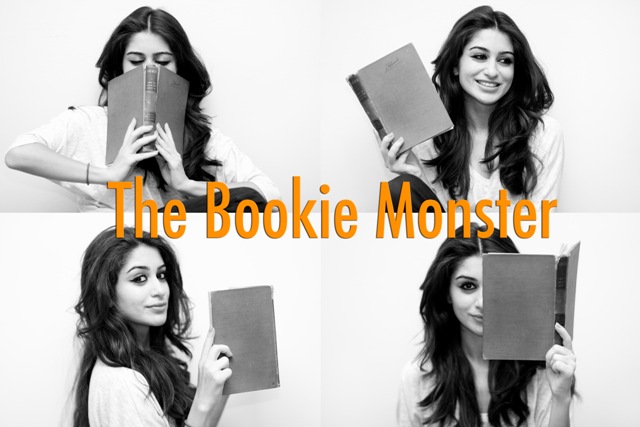
By the time this article finds its way on the site, I am sure most of you city dwellers will have read the Facebook tag lines screaming out how wonderful Baz Luhrmann’s film rendition of F. Scott Fitzgerald’s The Great Gatsby is. Admittedly, I found the film to be a pleasant surprise in its ability to capture the essence of such a timeless classic. And no, it’s not my favourite simply because some high school teacher used a funnel to shove it down the class’ throat… I love the text for its stylistic competence.
PLOT:
Telling the tale of a certain J Gatsby, the story unfolds through the eyes of a fly-on-the-wall type character, Nick Carraway. When Nick moves to West Egg, he soon discovers that his mysterious neighbour has a penchant for wild parties that are attended by everyone who is anyone and more. Notorious for his opulence, Mr. Gatsby is crowned by rumors and conjectures, all of which portray little of the actuality that comprises who he is or where he comes from.

To cut a long and beautiful story short, Nick befriends Gatsby whom he discovers was an ex-lover of his cousin Daisy. The romance between Gatsby and Daisy met an untimely end due to various circumstances, ultimately resulting in her marriage to a brute of a man, Tom Buchanan. Gatsby’s enormous home is situated directly opposite to Daisy and Tom’s house on the bay, an image that is wholly encapsulated by the flashing green light outside of the house. Gatsby returns from his long absence with one thing in mind: recapturing the love of his life, and more significantly, recapturing the past. Will he manage to do so? Read the book. And for fuck’s sake when I say read the book I don’t mean watch the film; leave that for later on.
And here is why…
The Great Gatsby forged itself a position in the canon of great literature because of its impeccable precision of symbolic language. Almost every single passage within the book speaks volumes on the setting and the context in which the story takes place. Luhrmann was phenomenal in terms of capturing the affluence of Gatsby and its futility in light of the illusion he covets beyond the water, however he fails to maintain the raw frame of the 1930s that is given much more importance in the book.
There are two things that unquestionably place the book above the film. First, the film lacks the subtlety that Fitzgerald brings to the floor. The discourse on the green light across the water is something that I felt was made too central a component in the film. Yes, it is undoubtedly a very important image in the book as well, but I felt the film is too forceful in the way it projects it onto the audience.
The second thing (which I believe is why the film did not get as much critical adulation as some of us believed it deserved) is that Luhrmann decided to trade in the context of the 1930s for a more modern blend of music and visuals. Personally, I thoroughly enjoyed this modern take on the story, but only in terms of it making for an interesting ADAPTATION. The intimacy between language and context in the written work was something Luhrmann attempts to relate in the film, but fails to grasp. Take for example the part (in the film) where Nick mentions that it’s his birthday. The actual quote from the book is used at the scene: “I was thirty. Before me stretched the portentous menacing road of a new decade.” However, the audience is quite vulnerable to missing its duality in terms of speaking for Nick as an individual as well as speaking for the 1930s as an era of American history that Fitzgerald satirises throughout the novel.
In a nutshell, the film is fantastic, but the book (as usual) is better. In the case of the recent obsession with the film version starring Leo D and Toby McG, I hope that people will get inspired to read it. If you insist on learning the story in that order, pay attention to the fantastic lines throughout the film, and then imagine an entire novel packed with such poetic wisdom.
“Gatsby believed in the green light, the orgastic future that year by year recedes before us. It eluded us then, but that’s no matter—tomorrow we will run faster, stretch out our arms farther. . . . And then one fine morning— So we beat on, boats against the current, borne back ceaselessly into the past.”
- Previous Article I Got Banged!
- Next Article Countdown to Coterique
Trending This Week
-
Mar 29, 2025











